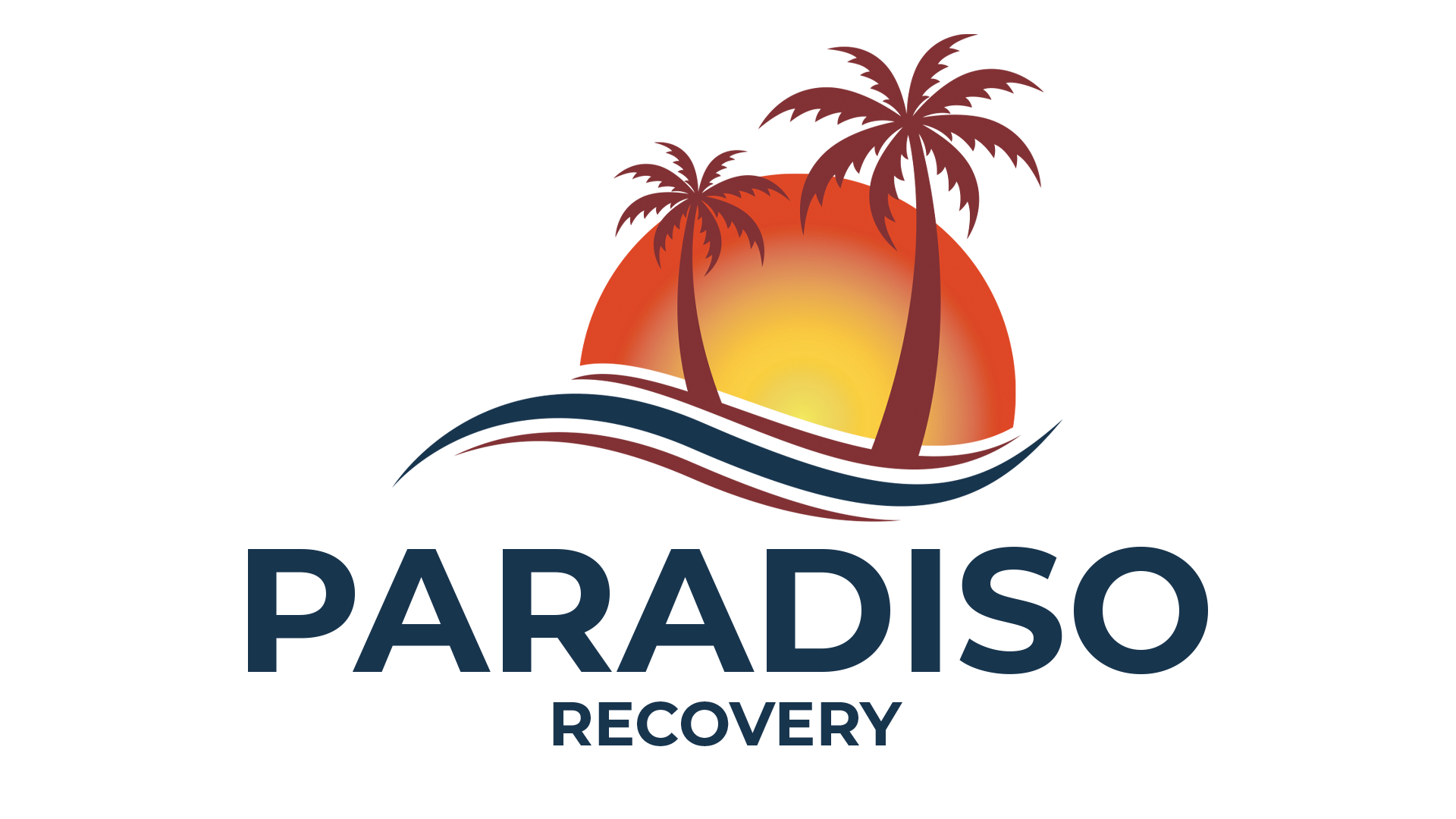OCD and Addiction Treatment in Ventura County, CA
OCD and Addiction Treatment in Ventura County, CA
Struggling with both obsessive-compulsive disorder (OCD) and addiction can feel overwhelming. At our Ventura County treatment center, we specialize in treating co-occurring disorders, helping individuals understand how OCD and substance use can influence each other.

How does OCD contribute to substance abuse? Can treating one condition help relieve the other, or do both require specialized approaches? These are common and important questions, and our experienced team is here to help answer them.
What is OCD?
Obsessive-Compulsive Disorder (OCD) is a mental health condition that affects millions of individuals worldwide. It is defined by two core mental components: obsessions and compulsions.
Obsessions are unwanted, distressing thoughts, urges, or mental images that create significant anxiety. These might be persistent worries about contamination, fears of harm coming to loved ones, or intrusive thoughts about violence.
Compulsions are the repetitive behaviors or mental acts that individuals feel compelled to perform in response to these obsessions. These behaviors are done in an attempt to reduce anxiety or prevent some feared event from occurring, even though the behavior may not actually prevent the feared outcome. In many cases, individuals with OCD will go to great lengths to manage their obsessions and compulsions, often spending hours each day performing rituals or avoiding certain situations.
There are different types of OCD, each of which involves different themes for obsessions and compulsions. Common types include:
- Checking: Repeatedly checking locks, appliances, or light switches.
- Contamination: Fears of germs or dirt.
- Symmetry and Ordering: The need for things to be arranged or ordered in a certain way.
- Hoarding: Difficulty discarding items.
- Intrusive Thoughts: Persistent, disturbing thoughts or images.
It should be noted that people with OCD can be aware of the ineffectiveness of their compulsive actions. They might feel shame for having the compulsions but may see no way to avoid them. This is why it’s necessary to address OCD with compassion and not assume that the person is not aware of the effectiveness of their compulsive actions.
Symptoms of OCD
The symptoms of OCD can significantly affect a person’s daily life and well-being. These symptoms primarily consist of persistent, distressing thoughts and repetitive behaviors. Common symptoms experienced by individuals with OCD include:
Obsessive Thinking
These specifically include persistent, unwanted thoughts that cause high levels of anxiety or discomfort. These thoughts may revolve around fears of contamination, harming others, or generally disturbing ideas that the person cannot control. It often feels like these thoughts are on a never-ending loop, intensifying the worry and making it hard to focus on anything else.
Compulsive Actions
Repetitive behaviors or mental acts performed in response to obsessive thoughts, such as washing hands repeatedly or arranging objects in a specific order. These actions are intended to reduce anxiety or prevent feared events, though they provide only temporary relief. These actions may feel necessary to “fix” the anxiety, they just lead to more distress and a deeper need to perform them again.
Time Consumption
Compulsive behaviors can consume hours each day, leaving individuals physically and mentally exhausted. This time spent on rituals can interfere with other daily activities and responsibilities, contributing to stress and frustration. Many people feel like they’re stuck in a constant race against time, where they can’t keep up with life because of the overwhelming need to complete their rituals.
Interference with Daily Life
OCD symptoms can prevent individuals from engaging in work, school, or social activities. The time and energy spent on rituals often result in difficulty maintaining relationships and fulfilling other essential tasks. It can feel isolating, as the compulsions can take over and leave little room for anything else.
Vicious Cycle
OCD creates a cycle of obsession and compulsion, where temporary relief from compulsive actions quickly fades, leading to the return of obsessive thoughts and the need for more compulsive behavior. This cycle can trap individuals in a constant loop of anxiety and brief relief, making it incredibly difficult to break free even if they desperately want to.
Contact us right now for a free, confidential insurance verification
Free Insurance Verification
Free Insurance Verification
The Relationship Between OCD and Addiction
When someone is living with both OCD and addiction, the interplay between these two conditions can create a complex and difficult scenario. Individuals with OCD may turn to substances as a way of coping with the overwhelming anxiety that arises from their obsessions and compulsions.
Drugs or alcohol may provide temporary relief from the intense emotional distress caused by OCD. But unfortunately, this only leads to further problems down the line. The use of substances can worsen OCD symptoms, making it harder for the individual to resist compulsions and find the stability they need.
The Value of Dual Diagnosis Treatment
A dual diagnosis treatment plan offers a comprehensive strategy for breaking the cycle of substance use and compulsive behaviors, allowing individuals to develop healthier coping mechanisms. These programs are built on the understanding that mental health disorders and substance use disorders often share common underlying factors, such as trauma, stress, or co-occurring anxiety. By simultaneously treating both disorders, dual diagnosis treatment helps individuals regain control over their lives without neglecting either condition.
At Paradiso Recovery in Ventura County, CA, our evidence-based therapies and personalized care plans address the complex relationship between these co-occurring conditions. By taking a holistic approach, our treatment team works collaboratively to help individuals manage their symptoms, build effective coping strategies, and reduce the risk of relapse. Through ongoing support, education, and a compassionate environment, Paradiso Recovery empowers clients on their path to long-term recovery.
Therapy Treatments for OCD and Addiction
Therapy treatments for OCD and addiction focus on addressing both conditions through a combination of evidence-based approaches:
Individual Therapy
One-on-one therapy allows the therapist to focus on the individual’s specific OCD and addiction symptoms, tailoring treatment plans accordingly. It provides a safe space to explore personal challenges and develop coping strategies tailored to the individual’s unique experience.
Group Therapy
Group therapy provides a supportive environment where individuals can share experiences, learn from others, and receive feedback while addressing both OCD and addiction. It also fosters a sense of community and accountability, which can be crucial for long-term recovery.
Family Therapy
Family therapy involves loved ones in the treatment process, helping them understand OCD and addiction. Family members learn more about OCD and addiction work, so that they can best support their loved ones through recovery. It also works to foster support systems to aid the individual’s recovery. This collaborative approach can help strengthen relationships and encourage long-term healing.
Trauma-Focused CBT
Trauma-focused and straightforward Cognitive Behavioral Therapy (CBT) helps individuals process past trauma while treating OCD and addiction, focusing on how trauma contributes to both disorders. By addressing trauma, it enables individuals to reduce its impact and develop healthier coping mechanisms.
Dialectical Behavior Therapy (DBT)
Dialectical Behavior Therapy (DBT) combines mindfulness and CBT principles to teach emotional regulation, coping skills, and distress tolerance. These skills are crucial for managing both OCD and addiction. It provides tools to help teach people with OCD handle intense emotions and navigate stress without turning to compulsions or substance use.
EMDR (Eye Movement Desensitization and Reprocessing)
EMDR therapy helps individuals process traumatic memories and reduce emotional distress linked to OCD and addiction. It offers relief from negative thought patterns. EMDR can be effective in shifting focus from past trauma to present-day healing and recovery.
Motivational Interviewing (MI)
MI therapy is designed to help build motivation and resolve ambivalence toward change. It helps individuals work to commit to treatment and overcome resistance related to OCD and addiction. It also encourages people to identify personal reasons for change, fostering personal empowerment and motivation for recovery.
Get Support for OCD and Addiction at Paradiso Recovery
Living with both OCD and addiction can feel isolating, but you don’t have to face it alone. At Paraiso Recovery in Ventura County, CA, we understand the unique challenges of co-occurring disorders and provide integrated treatment tailored to your individual needs. Our team is here to support you with clinically proven methods and a caring, judgment-free environment.
Healing is possible, and it starts with taking the first step. Contact us today to learn how we can help you regain control and move forward with confidence.
